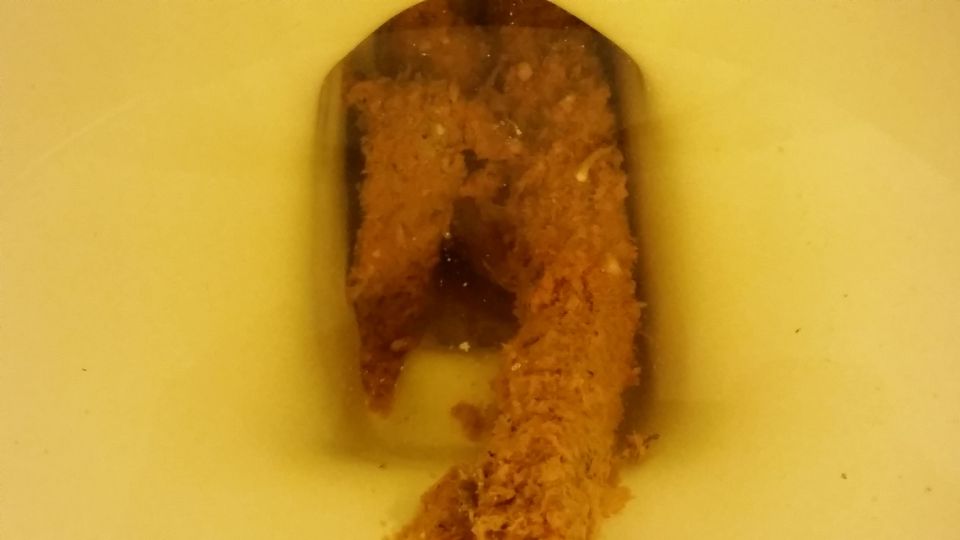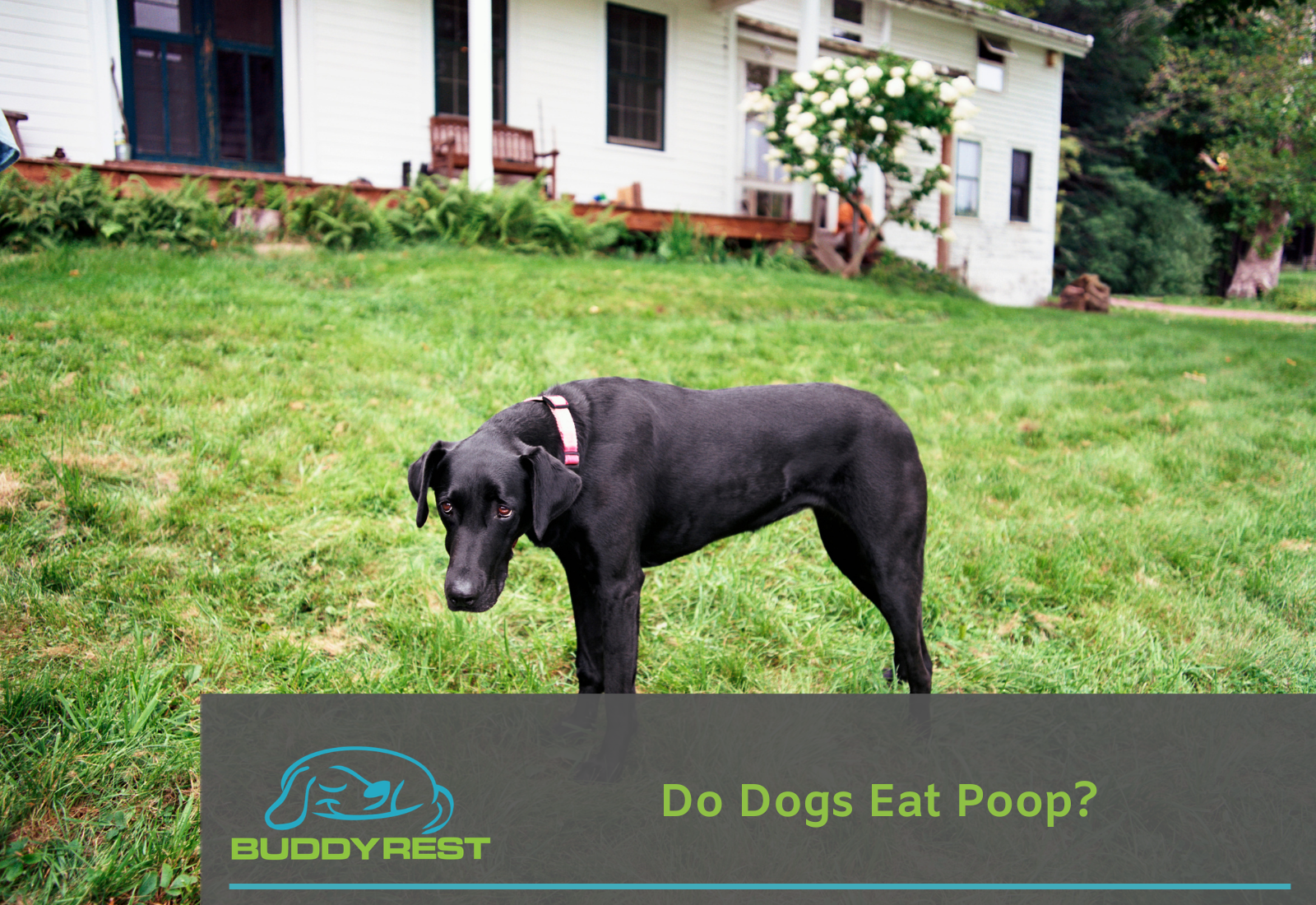

On one half you can keep your regular compost with your veggies, herbs, and edible flowers. One good way to do this is to divide your garden in two.
#Does dog poop decompose how to
How to safely compost dog poopĪs mentioned, the golden rule is do not use compost containing dog poop on edible plants.īut it’s also important to keep any (non edible) plants treated with the dog poop compost away from edible plants to ensure there is NO chance for contamination. For those reasons, always keep your compost in an isolated section of your yard.įinally, the simplest way to reduce the risk of pathogens spreading is by making sure your dog is healthy and up to date with their vaccinations and worming schedules. These can cause issues for people with allergies, children, pregnant women, and young puppies. It’s also important to remember that even a perfect compost heap contains mold and fungus spores. Again, compost from a bin containing dog poop should never be used on edible plants (veggies, fruits, herbs, edible flowers etc). That doesn’t mean it’s totally safe to humans. But that temperature should kill most bacteria.”

It has to be maintained, turned over, and not become too moist. As Professor Ackland explained: “A high temperature is critical. The USDA advises that if your compost bin is managed correctly, the process “destroys pathogens and produces a safe soil amendment.”Īs Professor M Leigh Ackland, a molecular biologist at Deakin University, told the Guardian: “Compost heaps are one of the best environments for breaking down waste because they have so many microbes, the microorganisms that can process waste.” But again, you need to keep an eye on it to make sure it’s being properly managed. Dog poop (or dog poop in a compostable bag) can be added to a compost bin. To be safe, it’s recommended you set up a separate, specific animal waste compost system. NOTE: Compost containing dog poop must NEVER be used on edible plants. Look after your compost properly and you’ll end up with a quality soil additive your garden will love. There is a lot of great information online about starting, maintaining, and managing a compost system at home. Meaning that it’s possible to be added to a designated compost heap and later used to fertilise non-edible plants (more on that later). Can you compost dog poop?Īs mentioned, dog poop alone itself breaks down quickly and easily. In the US there have been several cases of manufacturers claiming that bags were biodegradable or compostable when they weren’t. You can’t assume just because something says it’s environmentally sound it is. Pay attention to the label to choose a product that’s made out of natural materials and will break down within a few months. Depending on their materials some bags can still take over a year to decompose and may create microplastics. While they will still end up in landfill they’ll usually start to break down within weeks or months.īut buyer beware, not all “eco” or “green” poop bags are created equal. Using biodegradable and compostable poop bags is a much more eco friendly choice. Are biodegradable and compostable bags more eco friendly? So, we’ve released our own biodegradable and compostable Eco Poop Bags. But rather plastic bags breakdown and become micro plastics that continue to pollute surrounding soil and water. Even then, in the next millennium, they won’t totally disappear. That means many of us are creating a pile of plastic that will clog up landfill into the year 3000. A single dog owner is estimated to use over over a thousand bags a year. Plastic can take centuries to break down. It depends on the materials, but most plastic dog poop bags are terrible for the environment. While dog poop alone (being organic matter) will eventually decompose, the average plastic baggy will preserve it in landfill for centuries. Picking it up and chucking it in the closest bin isn’t a perfect solution either. Poop contains pathogens that when washed into waterways damage the environment and spread diseases including campylobacter, tapeworm, hookworm, roundworm, giardia and E.coli, and salmonella. Leaving dog poop in the streets is gross and it can make people and animals sick.

If disposed of incorrectly, that mountain of poop can cause a lot of damage. Times that by nine million (the number of dogs in Australia) and you start to get a sense of the problem. But the average dog produces an eye-watering 120 kilos of waste per year. When you’re picking up after your dog, their single poop probably doesn’t seem like an environmental catastrophe (although, if they’re not on Scratch, maybe it does).


 0 kommentar(er)
0 kommentar(er)
